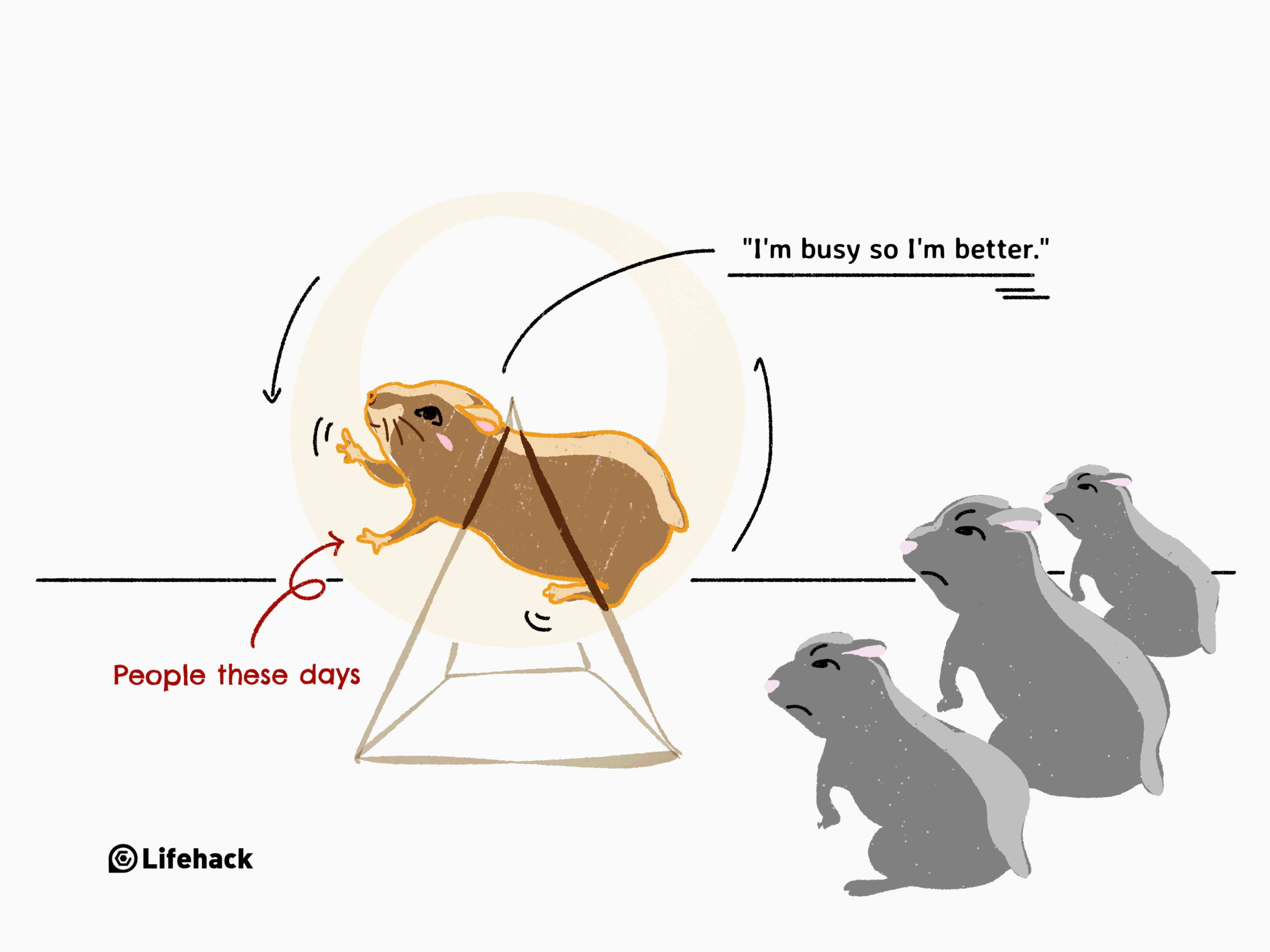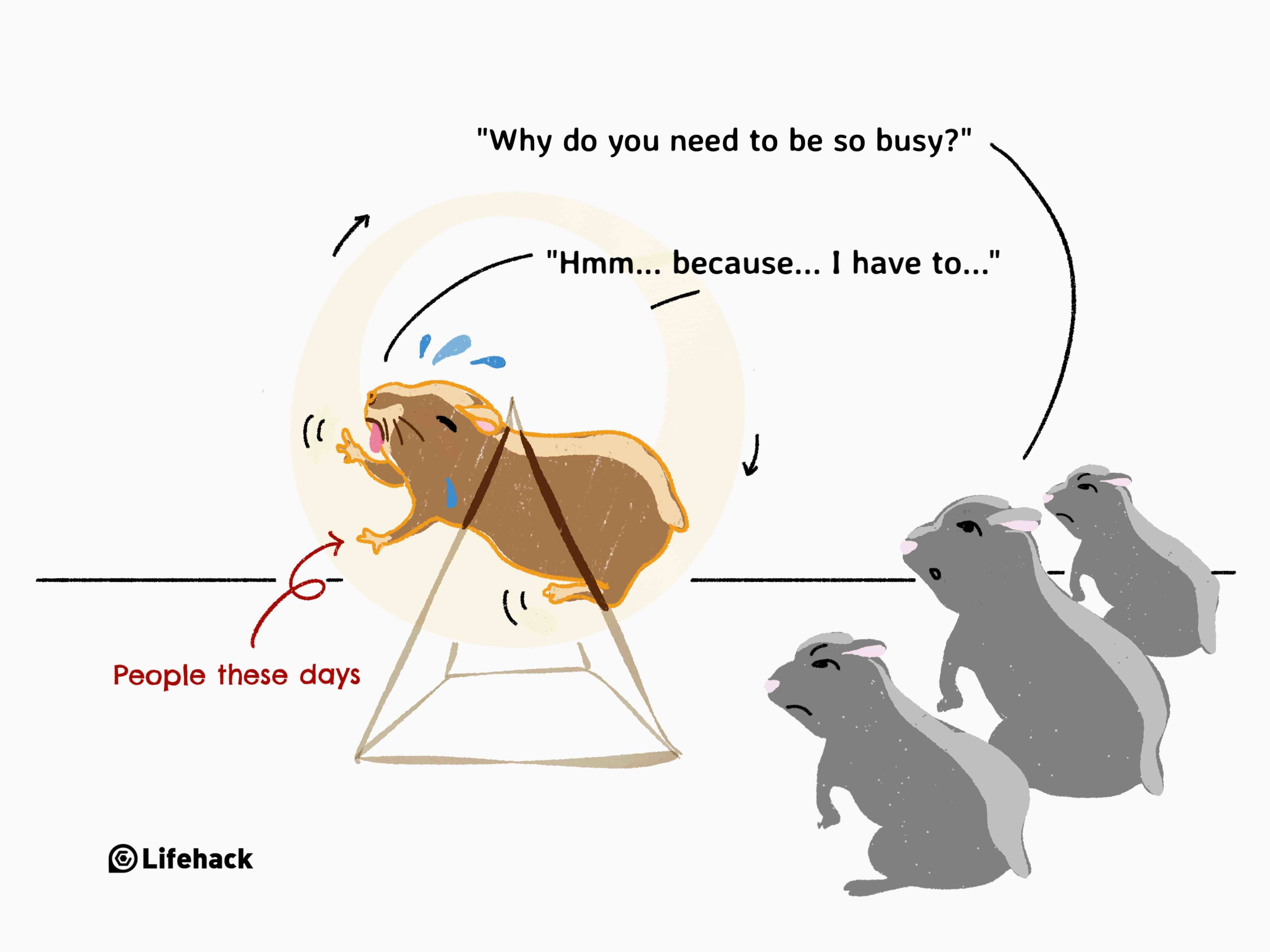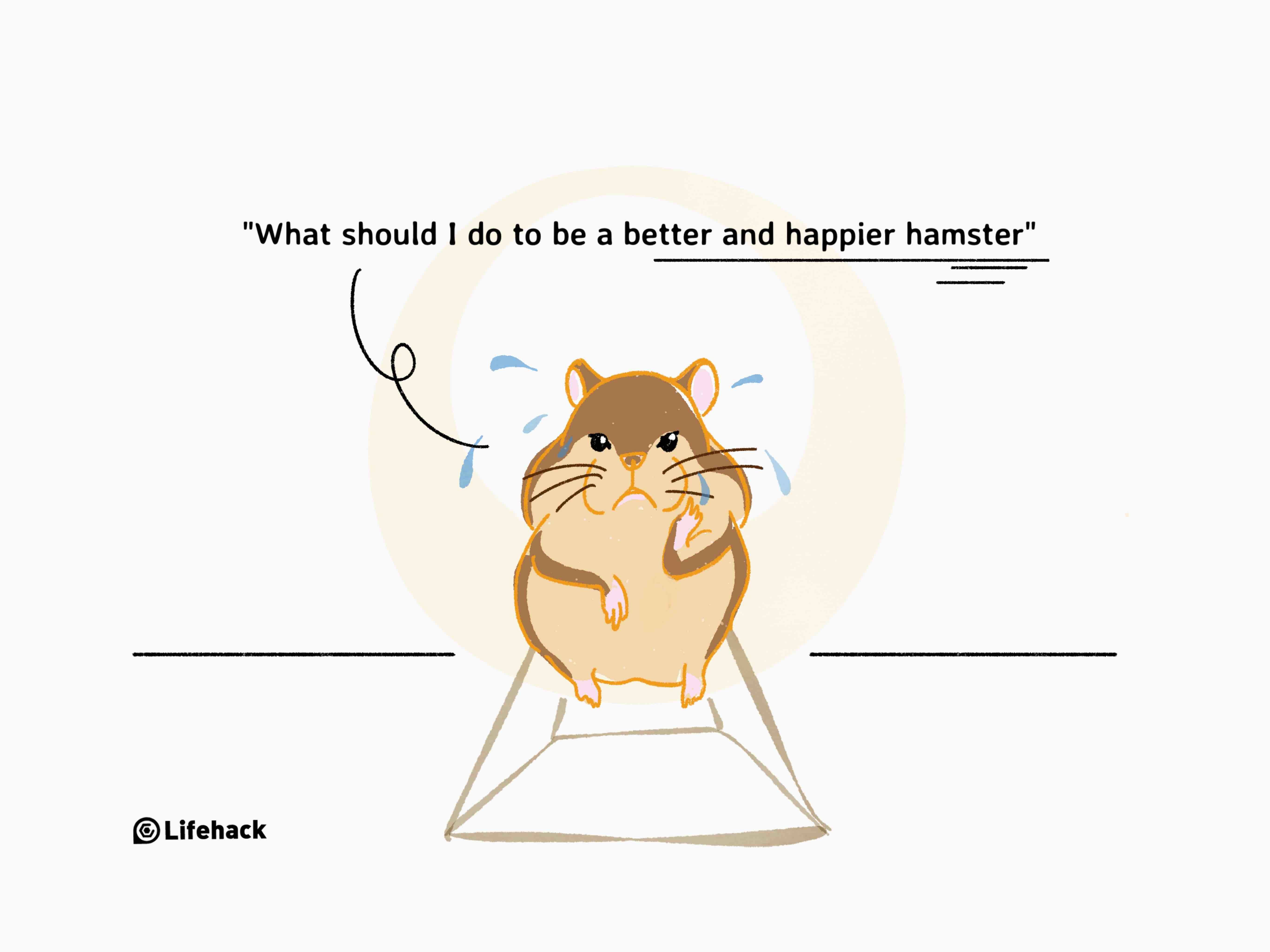We used to imagine the rich and successful to have lives of leisure. We saw them as people who took long, luxurious vacations, who ate at the best restaurants and enjoyed expensive hobbies. Their wealth and success meant that they were free to enjoy their time exactly as they liked, and no longer were forced to work stressful, long hours like the rest of us.
However lately, that image seems to have reversed. Today we seem to imagine the rich and successful to be always incredibly busy and overworked.
Indeed, research has shown that some are beginning to view a hectic overworked lifestyle as a symbol of status. As something to work towards, and not away from. Excessive free time is no longer seen as the domain of the rich and successful, but the domain of the lazy.
But why is this?
The Perception of Being Busy
Somewhere during the 20th century, more and more of us began to prioritize work in our lives above all else. Such prioritization meant that we no longer kept to traditional 9-5 working hours. It is assumed that the more hours a person puts into their work, the more they must be earning. With the more money being earned, the more successful a person seems to be.
What is strange, as evidenced by the earlier mentioned study, people want to look like they are earning well through working hard, even if that isn’t the case. Its similar to how some people buy fake designer watches, they want to look successful, even if they aren’t. As such, if you’re not busy, far from it implying that you can afford to have free time, it only implies that you have nothing to do.
The effect of this view is that people may find themselves working long, tiring hours for little reason. Taking up jobs they don’t need to do
But really, working hard for long hours often has little to no correlation with success. In fact, it often implies the opposite or multitasking just for the sake of multitasking. Really, multitasking and working long hours often has little or no correlation with success. After all, ask as single mother with two kids and three jobs and see if she feels rich and successful.
Ultimately, doing one thing well is a lot better than doing a lot of things poorly. Multitasking, instead of making you smarter, more productive and more successful, actually has the opposite effect, it makes you stupid. It is actually decreasing your IQ by ten points at times, which may have the additional effect of making wealth and success harder as you’ll be building it from bad work.
Are You Busy-holic?
Being busy for the sake of being busy only means that you’re spending your time for nothing.
When you’re busy, your mind is being overwhelmed by a constant barrage of information. The human mind is simply not good at functioning effectively when it is forced to deal with so much information.
A professional musician spends their time in a state of constant practice. Their skill and knowledge is always developing and increasing. They work in ways that are cognitively demanding but satisfying. However, “knowledge workers”, people who work in fields like tech or business, lack this and instead spend their time doing work that is repetitive, and doesn’t really test us. As such they fill their time trying to do as much of this work as possible, without reason. The work is ultimately shallow.[1]
Improve Your Worklife
Most of the time when people are working, they aren’t involving themselves in tasks that require much thought. If you work in ways that require deep thought, instead of being tired and overwhelmed by the constant desire to work unnecessarily, people will enjoy these three key benefits:
- We will see continuous improvement in both the quality and value of our work output.
- A notable increase in the quantity of well produced work.
- Deeper satisfaction with work and the work you have produced.
The desire to work unnecessarily, overwhelming yourself in pointless tasks and long hours comes from a lack of satisfaction in your work itself. But how do you find such satisfaction?
The key to this is to try and figure out what your key purpose of life is, what your true passion is. Don’t worry if you don’t know this at the moment, we have you covered. Here is a Lifehack article all about this.
Once you have identified what it is you are passionate about it. Consider following these three steps:
1. Prioritize
Time is not infinite. Each second that goes by is a second that you will not get again. So, why spend your time focusing on things that you aren’t passionate about. Find your passion and work on it!
I understand that many people have jobs that don’t interest them. However, say you work from 9am-5pm, that still leaves you many hours free to spend doing things that you are passionate about. This is only the case of course if you don’t spend your free time multitasking or accepting jobs unnecessarily. You will find spending this time on your passions to be far more rewarding than wasting time on pointless work.
An effective way to make the most of this time is to start scheduling and organizing your time very specifically. In this way you’ll be able to spend each second of your day as efficiently as possible. For more information about freeing up and reclaiming your time, I recommend you take a look at this article, it’s full of lots of great advice about freeing up your time for productivity.
2. Minimize
In scheduling, you might find that there are many tasks that you have to accomplish, but are ultimately not related to your ultimate goal. In tackling these jobs, consider which ones play to your skills and abilities the best then tackle those first. Its easier to enjoy things that you are good at, and if you can delegate the remaining tasks to others who may be better suited to those tasks. Then don’t be afraid to ask.
If you do have to complete these tasks, consider putting aside a maximum amount of time to spend on them in your schedule. In this way, these tasks won’t end taking up time unnecessarily.
3. Eliminate
This third step is probably the most important. When looking at the many tasks and jobs you have to complete each day, ask yourself “how important is this?” and “what would happen if I didn’t do this?” about each one. If you think any of these are unimportant, and nothing particularly bad would happen if you didn’t complete them. Then simply cut them out of your day. Where you once may have spend a few precious hours on these tasks, you will get this time back for you to spend how ever you wish.
If you follow the above steps, you should immediately find yourself becoming more satisfied with your life and your work. What’s more, by identifying your purpose and freeing time up time for it, you’ll increase your chances at success because your time won’t be spend on unnecessary and time consuming work.















































